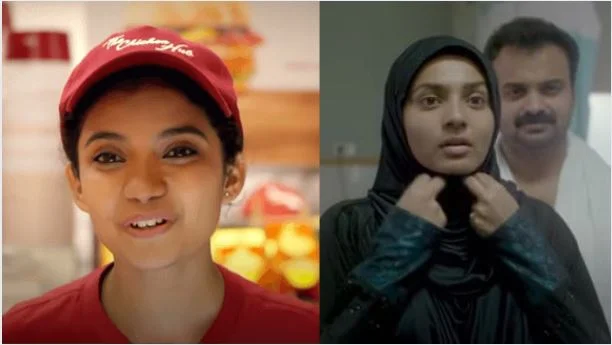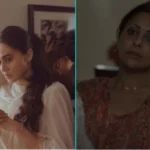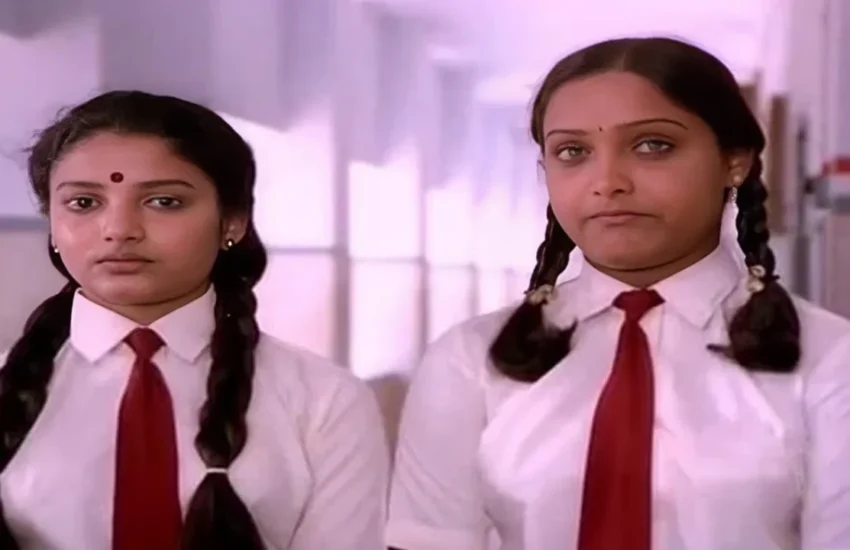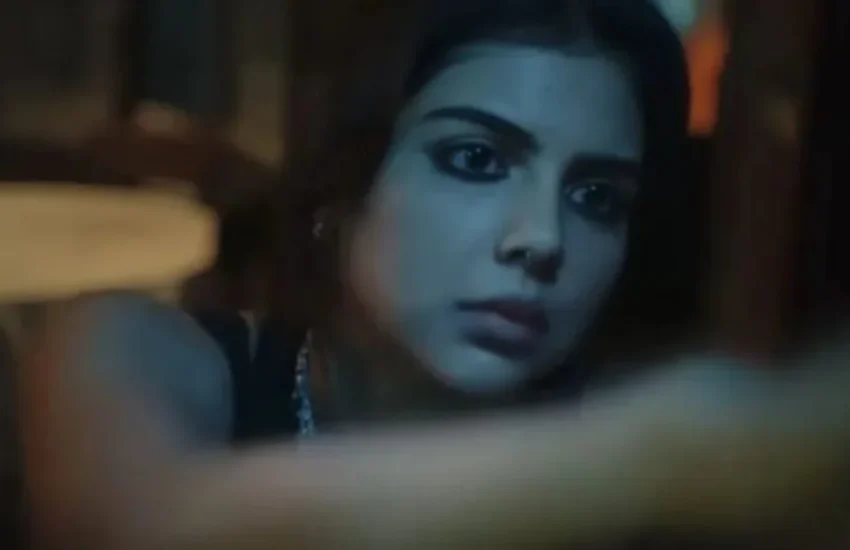Are Indian women-oriented movies really empowering?
Let me first of all start by claiming that I have never been a fan of the term ‘women oriented’. Why is it that when a movie with a female protagonist is made, we have to label it under another category? Why is the need for this generalization based on the gender of the leading protagonist? Why treat them as a separate genre in itself while movies with men as the lead are generic movies? If we keep digging the answers to these questions, we will reach decades back when patriarchy and suppression based on gender were very normalized segments of society.
In the initial years, these women-centric movies have done a fair share in projecting the issues faced by women in our society. They dealt with intense subjects that women had to deal with, like dowry, domestic violence, etc. Though they projected strong women, they were shown as overbearing and tolerant, as if that is the superpower of women. These movies showed women sacrificing their lives and choices for their families. There was no representation of ambitious women back then, as that was not acceptable by the audience in those times. A good example would be the classic film Mother India.
Read: The changing role of women in Indian cinema
When compared to the lack of proper female representation, these movies did a decent job of giving attention to female issues. Now fast forward a decade and the scenario again changes.
This time, the aspirations of young women are in the spotlight. Women who dare to dream became the template for women-centric movies. Real stories of women who beat the odds to make their dreams come true also served as references for such movies, like Mary Kom. These also included movies about women who broke the social convention and did extraordinary things, like Bandit Queen. In the attempt of normalizing women in men’s shoes, these movies limited women’s empowerment to just that. This created a lot of confusion regarding the real meaning of women’s empowerment and the idea of feminism.
On one side we had generic movies that still stereotyped women as sex objects and on the other hand, we had ‘women-oriented movies’ trying to compensate in the slightest way possible for it by projecting half-baked feminism. They hardly peeked into what actually mattered – the deep-rooted patriarchal conditioning that judges women and restricts them from living a life of their own choice.
Some recent movies tried to change the narrative by talking about what really matters. Bollywood movie Thappad would be one such movie. It talks about something that no one ever dared to say. It did invite a lot of negative comments but that’s how it works, it takes time to unlearn things. Resentment is common when you realize that something you believed was nothing but a lie. Pink, a movie by the same team, also asks us a serious question.
Now that the underlying issue has been addressed, isn’t it time to put the theory into action? Malayalam movies like Helen and June gracefully do that. These movies had female protagonists but they were not fighting for anything, no social dilemmas, no human rights violations, nothing. They just told the story of ordinary girls, girls we find next door. These movies gave the female actors complete ownership of the movie.
These movies redefined the ‘only male heroes sell tickets’ convention in cinema. The leading women effortlessly carry the entire movie on their shoulders and the movies also turned out to be commercial successes at the box office. Movies like these took out the usual serious tone of women-centric movies and appealed to a much wider audience without any gender specifications. Tamil film Kolamavu Kokila starring Nayanthara also falls on this list.
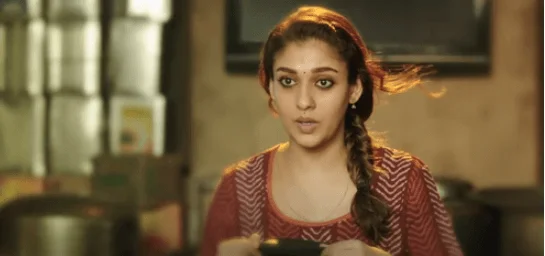
It is high time we stop confining women empowerment and feminism to just strong and independent female protagonists. We need equally strong male characters, who are unbiased and liberal in their approach to gender-based issues. They should not come across as yet another superior moral being, rather as something that should be normal in our world. Amrita’s father in Thappad would be an excellent example to cite.
Read: Feminist Dads of Indian movies whom we loved
For a really long time, so-called women-oriented movies only attempted in placing women on a pedestal, trying to showcase them as miracle beings. Is that what women really want? To be placed on a pedestal, to be temporarily showcased as an alien being? Being a woman myself I can surely assure you that no, that’s not what women want. It is never about women being superior to any form of life on this earth. It is rather about feeling included and accepted, like a normal person.
We don’t need women-oriented movies to reflect on women empowerment, what we need is liberated women characters in movies (no matter how small the role is) who are free and do not align to societal conditioning. This can significantly help improve women’s representation.
Read: The Men We Need: Why we love these male characters
Though we are not there yet, we are marching towards this space carefully and bravely.
Image Courtesy: YouTube

I can’t stop talking about films, so I blog!
I started The FourthWall, my film blog, to share my thoughts on films and shows with fellow movie buffs, and over the years it has become my happy place. Come join in for some interesting conversations on cinema… and sometimes books and fashion!

